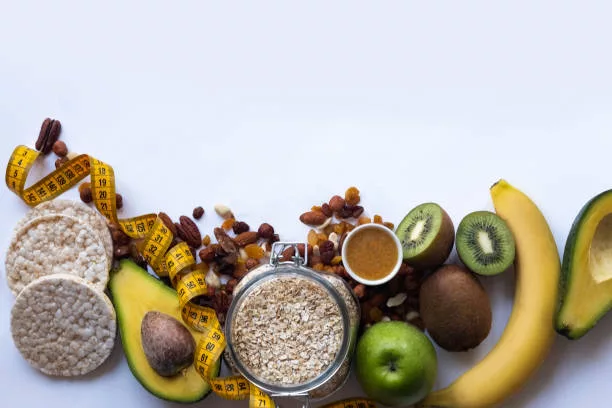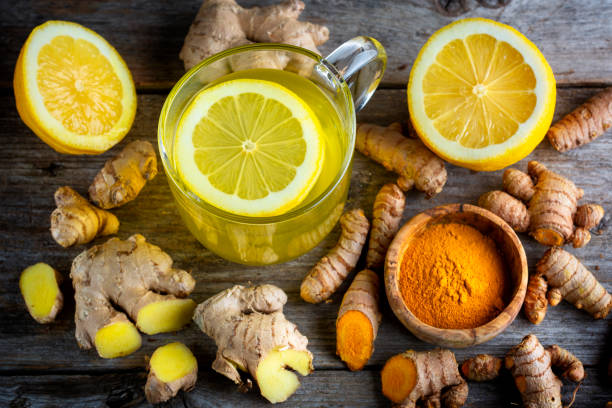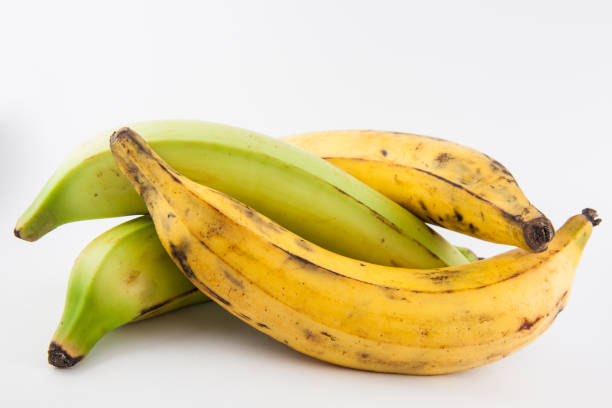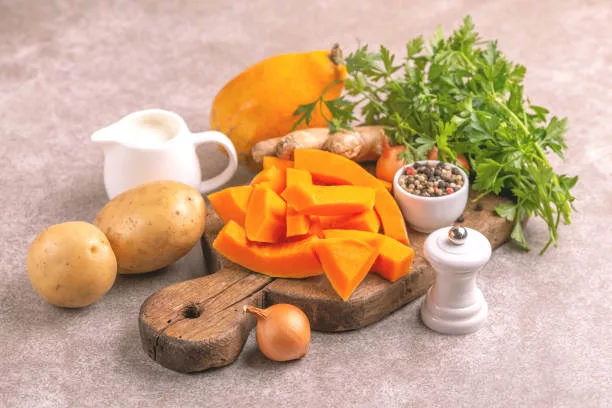The 10 Best Superfoods For Gut Health
Gut microbes play an integral part in your overall health, from hormone disruption and immunity issues, to mental wellbeing via the gut-brain axis.
A healthy gut has numerous advantages, including reduced symptoms associated with digestive diseases. There are superfoods which can aid in improving gut health; we’ve compiled our list of scientific-backed foods you should incorporate into your diet to promote digestive wellbeing.
1. Flaxseeds
Nutrition-rich food helps our digestive systems and gut bacteria flourish, supporting proper function while protecting us against issues like acid reflux or peptic ulcers.

Flax seeds (commonly referred to as linseed) are packed with healthful goodness such as fibre, omega-3 fatty acids and lignans. Whole flax seeds can usually be found at most health food stores while ground varieties tend to have shorter shelf lives and can lose their nutritional power over time if stored improperly; whole ones are always best!
These tiny brown seeds are an excellent source of sulfoquinovose, an irresistibly digestible carb that feeds beneficial gut microbes while suppressing harmful ones. Furthermore, their high fiber content promotes gut motility, alleviates constipation, and increases regularity.
2. Oatmeal
Oats are an amazing source of fiber which supports digestion, aids nutrient absorption, prevents constipation and relieves bloating. Furthermore, they’re rich in essential vitamins such as A, potassium and calcium – perfect for strengthening gut health!
Oats contain beta-glucan fibre, which promotes healthy bacteria in your digestive tract to produce short-chain fatty acids that strengthen your gut lining, increase immunity and decrease inflammation throughout the body.
Prebiotics can be found naturally in food like asparagus, dandelion greens and oatmeal. You can add prebiotics to your diet by including yogurt with probiotic bacteria like lactobacillus acidophilus and Bifidobacterium rhamnosus for breakfast, snacking or adding it into smoothies and oatmeal bowls. Fermented foods like kimchi are another excellent source of prebiotics.
3. Ginger
Ginger (Zingiber officinale) is an incredible digestive superfood with anti-inflammatory and antioxidant properties, plus antibacterial, antifungal and antimicrobial protection. Studies show the many health benefits associated with using ginger like improved digestion, reduction of bloat, nausea and pain relief.

Simply chop fresh ginger into your smoothie or tea for an invigorating and revitalizing kick! Additionally, try making roasted ginger root to use in any of your recipes.
Fermented foods, like sauerkraut and kimchi, contain health-promoting bacteria that help improve GI tract function. To find high quality fermented products in the refrigerator section of your grocery store.
4. Leafy Greens
Leafy greens are packed with fiber and nutrients, providing multiple health benefits in one bite. Kale is an excellent source of gut-friendly bacteria and folate; spinach contains eye-protective lutein and zeaxanthin as well as bone-building calcium and vitamin K for bone health. Other key leafy green nutrients include potassium for digestive system support.
Diets rich in leafy greens can help repopulate the beneficial bacteria necessary for digesting and absorbing food, protecting against gastroesophageal reflux disease (GERD) and stomach ulcers. Cruciferous vegetables like broccoli and Brussels sprouts activate genes in your intestinal lining that produce innate lymphoid cells – these protect against infections, control food allergies and intolerances, seal leaky gut, as well as contain sulforaphane to stimulate your body’s natural production of digestive enzymes.
5. Chia Seeds
Chia seeds have long been revered for their high fiber content (one ounce serving contains 11 grams), helping prevent constipation by regularizing stool movements, and their unique ability to absorb water, making them essential in any digestive health diet. But an excessive consumption of this fiber could lead to an internal shower of water entering their bodies that swells the seeds, potentially leading to abdominal discomfort if adequate hydration levels are not provided with each serving of this dietary fiber.
Black beans are an ideal food to support gut health due to their soluble fiber, protein, folate, iron and antioxidant content. Furthermore, they contain prebiotic sugar called sulfoquinovose that feeds your beneficial gut bacteria while encouraging their proliferation.
Have you ever consumed Cranberry juice to relieve symptoms of a UTI? These little red berries do more than soothe an uncomfortable bladder: They’re chock-full of antioxidants including quercetin which reduces oxidative stress and inflammation in the body.
6. Green Plantains
Digestion plays an essential role in overall body wellness. A healthy digestive tract nourishes other parts of your body while fighting off germs – so make sure that you consume foods that support it by choosing foods rich in probiotics or probiotic-rich food products.
Plantains are an incredible gut-friendly food because of the resistant starch they contain – acting like soluble fiber to slow food’s transition from stomach to intestine and prevent spikes in blood sugar that could otherwise lead to mood shifts and energy crashes as well as weight fluctuations.

Other great foods to aid your gut include leafy greens, kefir grains and onions – these contain natural prebiotics which nourish gut bacteria while also helping to reduce inflammation and establish a healthier gut barrier.
7. Oat Bran
These tiny seeds pack an immense punch of prebiotic fiber to feed the beneficial bacteria in your digestive system and promote metabolic health. Add them to a smoothie, chia pudding or add them directly onto cereal for breakfast.
Ginger is an incredible dietary powerhouse, packed with plant compounds that relieve digestive discomfort, encourage healthy gut bacteria growth and enhance gastrointestinal motility – the process by which food leaves your stomach to enter further digestion processes.
Leafy greens are an incredibly nutritious superfood packed with potassium, calcium, iron, folic acid and vitamin A. Their natural probiotic qualities encourage beneficial bacteria to flourish in your gut by providing sugars that nourish its ecosystem. Enjoy them in various forms like salads or as soup bases!
8. Onions
Onions are an indispensable ingredient, adding flavor and crunch to a wide variety of dishes. Available in yellow, white and red varieties, onions boast numerous health benefits that may reduce bloating, ease acid reflux and treat peptic ulcers.
Onions contain anti-inflammatory flavonoids known as quercetin that help lower blood pressure, while their sulphur compounds work to prevent bone loss and build bone density. Their soluble fibre, known as inulin, acts as prebiotics feeding gut bacteria while also acting to avoid constipation, regulate blood sugar levels, and improve nutrient absorption.
Onions are also an excellent source of digestive superfoods such as ginger. These nutrients help ease bloating, reduce acid reflux and peptic ulcers, improve gastrointestinal motility by increasing bowel movements, decreasing transit time and strengthening muscle contractions; (24). Furthermore, adding onions to your diet may even help alleviate respiratory illnesses like asthma and allergies.
9. Sweet Potatoes
Sweet potatoes are versatile vegetables that you can roast, mash, spiralize and use in recipes like grain-free brownies. Not only are sweet potatoes delicious and versatile vegetables to include in meals but also are packed full of gut-friendly fiber – especially when eaten with their skins intact – which feed our good gut bacteria and help lower cholesterol and balance glucose.
Kefir is a fermented superfood packed with healthy bacteria to improve our gut microbe diversity and an abundance of Vitamin C, B complex vitamins, calcium, magnesium potassium and iron. Furthermore, it’s full of Vitamin C and B complex vitamins as well as calcium magnesium potassium and iron; in addition to being loaded with probiotics that support regular bowel movements and water absorption – ideal for those lactose intolerant or with digestive issues who can’t consume dairy products and/or suffer constipation issues. With all this goodness packed into one superfood superfood food it makes Kefir an indispensable digestive superfood food!
10. Apples
Apples, also known as prebiotics, promote the growth of beneficial bacteria in your gut by providing both soluble and insoluble fiber that aid in regularizing bowel movements. Furthermore, apples contain an abundance of polyphenols like quercetin – an anti-oxidant known to prevent heart disease while simultaneously decreasing inflammation.
Eating more anti-inflammatory whole foods and avoiding processed ones is proven to aid digestion, alleviating symptoms associated with IBS, bloating, and constipation. But what about those who struggle to incorporate new foods into their diet due to food sensitivities?
One of the best foods to eat to support a healthy digestive system is stewed apples. Studies have revealed that regular consumption of apples increases beneficial Actinobacteria populations in your gut microbiome – something particularly helpful for those following a Low FODMAP diet. You can easily incorporate stewed apples into yogurt cups, salads or oatmeal bowls for extra nutrition!


